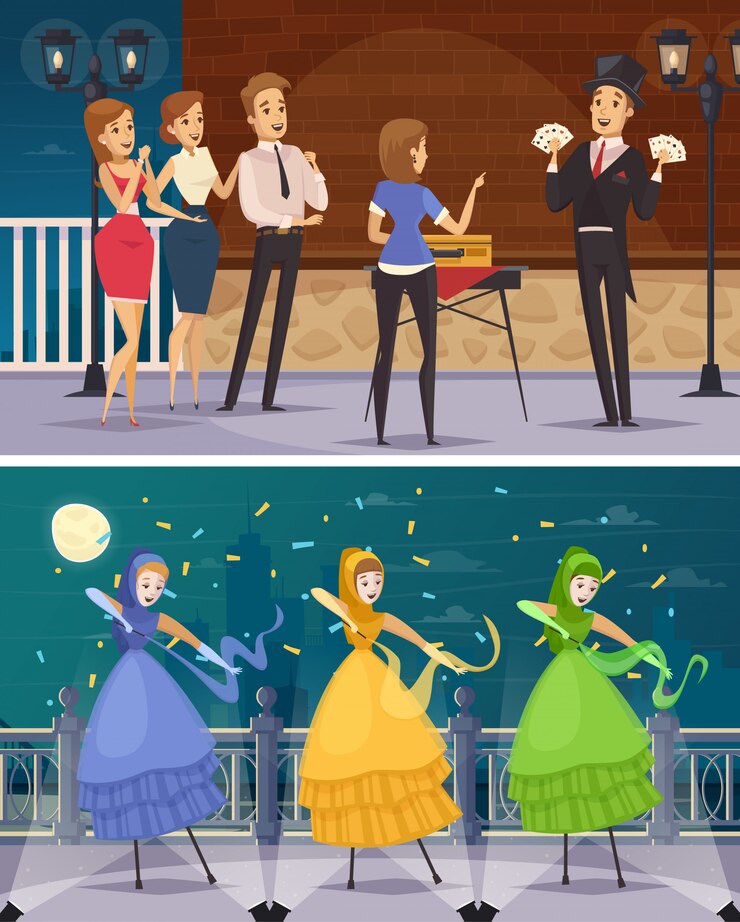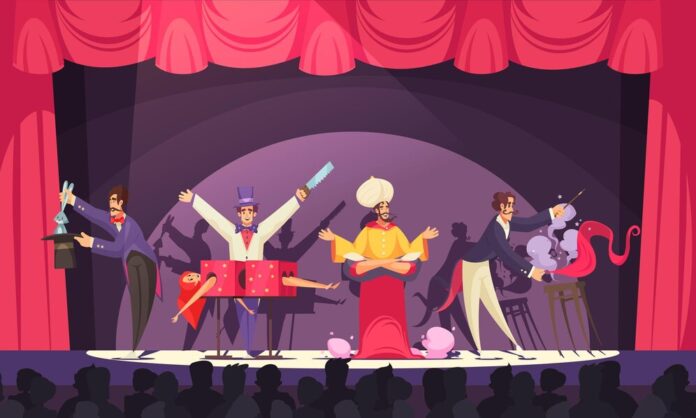When it comes to opera and theater, few characters have captured the imagination quite like Figaro. Known for his wit, charm, and cleverness, Figaro is a character that has stood the test of time, captivating audiences for centuries. If you’re an opera enthusiast, a lover of classical music, or a theater buff, understanding Figaro’s significance is essential. This guide will explore the rich history of Figaro, highlight some key performances, and examine how this iconic character has influenced opera and popular culture.
Introduction to Figaro
Figaro, a name that resonates through the annals of opera history, is more than just a character; he is an emblem of wit and cunning. Created by French playwright Pierre Beaumarchais, Figaro first appeared in “The Barber of Seville” in 1775. Beaumarchais introduced him as a quick-witted barber, full of energy and schemes. The character quickly gained popularity, leading to sequels such as “The Marriage of Figaro” and “The Guilty Mother.”
The character of Figaro is a symbol of the Enlightenment ideas of freedom and individualism. He challenges the societal norms of his time, using humor and intelligence to outsmart the aristocracy. This made him an instant favorite in a period where the spirit of revolution and change was in the air.
Figaro’s significance extends beyond the pages of Beaumarchais’ plays. He became a central figure in operas by renowned composers like Wolfgang Amadeus Mozart and Gioachino Rossini. The operatic adaptations brought Figaro’s character to life in a way that resonated with audiences around the world, cementing his place in the history of opera.
Figaro Across the Ages
Figaro’s enduring appeal lies in his ability to adapt and remain relevant across generations. In the late 18th century, his character became a conduit for social commentary, mirroring the shifting attitudes towards class and power. Beaumarchais’ plays were revolutionary, questioning the status quo and challenging the privileges of the nobility.
In 1786, Mozart premiered “The Marriage of Figaro,” an opera that remains a staple of the repertoire today. Through the character of Figaro, Mozart infused the opera with humor, intrigue, and a sense of humanity. Figaro’s cleverness and tenacity were brought to life through Mozart’s brilliant music, enabling audiences to connect with the character on a deeper level.
Gioachino Rossini’s “The Barber of Seville,” premiered in 1816, further solidified Figaro’s place in opera history. Rossini’s Figaro is a vivacious and charming figure, with arias that showcase his wit and energy. The opera’s overture has become one of the most recognizable pieces of classical music, synonymous with the character himself.

Iconic Performances
Throughout the years, many talented performers have taken on the role of Figaro, each bringing their unique interpretation to the character. One of the most celebrated performances was by Italian baritone Cesare Siepi, who portrayed Figaro in “The Marriage of Figaro” at the Metropolitan Opera. Siepi’s deep voice and charismatic stage presence captured the essence of Figaro, making his performance unforgettable.
Another iconic Figaro was Enrico Caruso, the legendary tenor who made history with his portrayal of the character in Rossini’s “The Barber of Seville.” Caruso’s portrayal was marked by his incredible vocal range and ability to convey Figaro’s mischievous nature. His performance left an indelible mark on opera history.
More recently, American baritone Lucas Meachem has received acclaim for his portrayal of Figaro. With his dynamic stage presence and expressive voice, Meachem has brought Figaro to life in productions around the world. His performances continue to captivate audiences and highlight the character’s timeless appeal.
Figaro in Popular Culture
Figaro’s influence extends beyond the opera stage, permeating popular culture in various forms. The character has appeared in films, television shows, and even cartoons, becoming a cultural touchstone. One notable example is the animated film “The Barber of Seville,” featuring Bugs Bunny as a clever, Figaro-like character.
The character of Figaro has also inspired adaptations in literature and theater. In modern reinterpretations, Figaro continues to challenge authority and champion individualism, resonating with contemporary audiences. His cleverness and charm make him a symbol of resilience and wit that transcends time.
Even in music, Figaro’s legacy endures. The famous “Largo al factotum” aria from Rossini’s “The Barber of Seville” has been featured in commercials, concerts, and various media, ensuring that Figaro’s legacy remains vibrant and relevant.
The Figaro Effect
Figaro’s impact on opera, music, and theater culture is profound. His character embodies the ideals of freedom and individuality, inspiring generations of artists and audiences alike. Figaro’s ability to outsmart authority and champion the common man has left an indelible mark on the world of opera.
In the realm of music, Figaro’s influence can be seen in compositions that celebrate wit and humor. Composers and performers alike have drawn inspiration from Figaro’s cleverness, infusing their works with a similar spirit of playfulness and charm.
Figaro’s legacy also extends to theater and literature, with his character serving as a template for other cunning and resourceful figures. The themes and motifs associated with Figaro continue to inspire storytelling across genres, reinforcing his status as an iconic theater character.
Conclusion
Figaro’s timeless appeal and enduring legacy are a testament to the power of character and storytelling. From his origins in Beaumarchais’ plays to his prominence in iconic operas, Figaro has captured the hearts of audiences for centuries. His wit, charm, and resilience continue to resonate, making him a beloved figure in opera and theater.
For opera enthusiasts, classical music lovers, and theater buffs, Figaro represents the epitome of creativity and individuality. His influence extends beyond the stage, leaving an indelible mark on popular culture and the arts.
Whether you’re rediscovering Figaro’s charm or encountering him for the first time, his character offers a rich tapestry of wit, humor, and humanity. We invite you to share this post with fellow enthusiasts, engage in discussions, and explore the world of Figaro in all its facets. His story is one that continues to captivate and inspire, reminding us of the timeless power of opera and theater.


